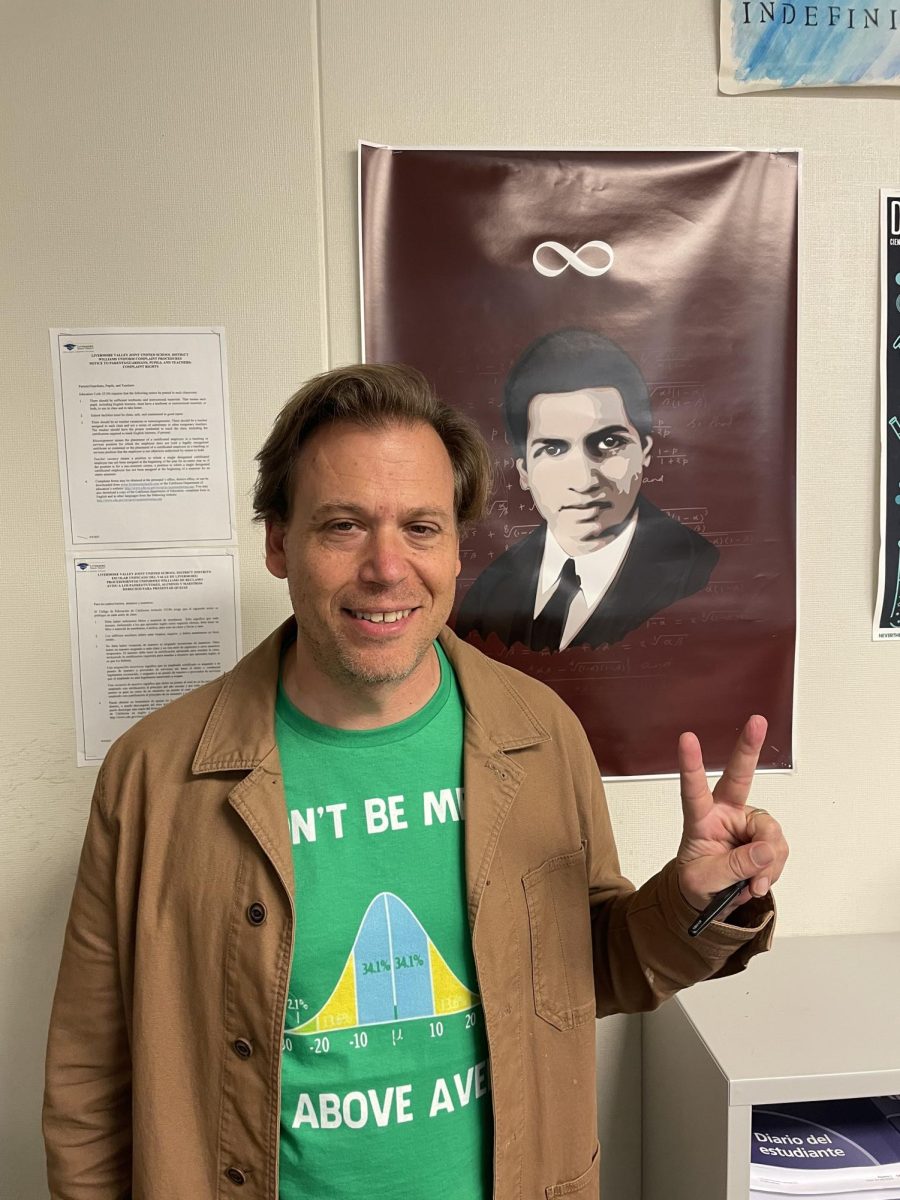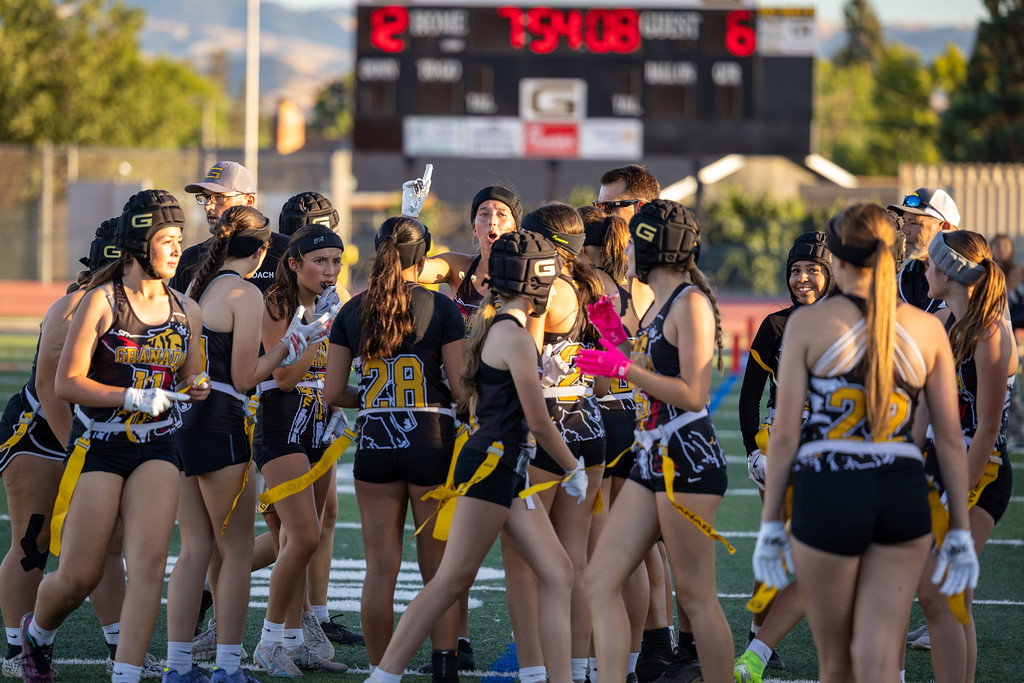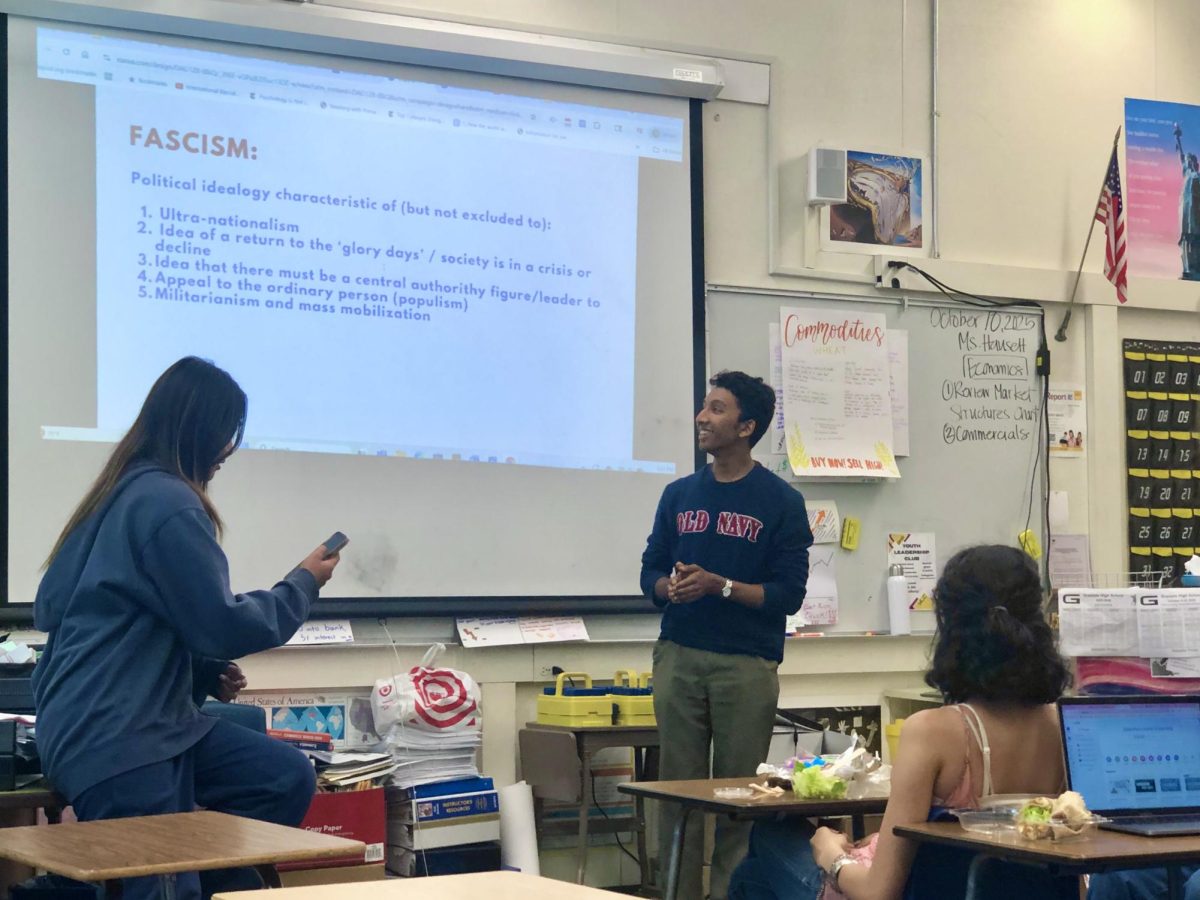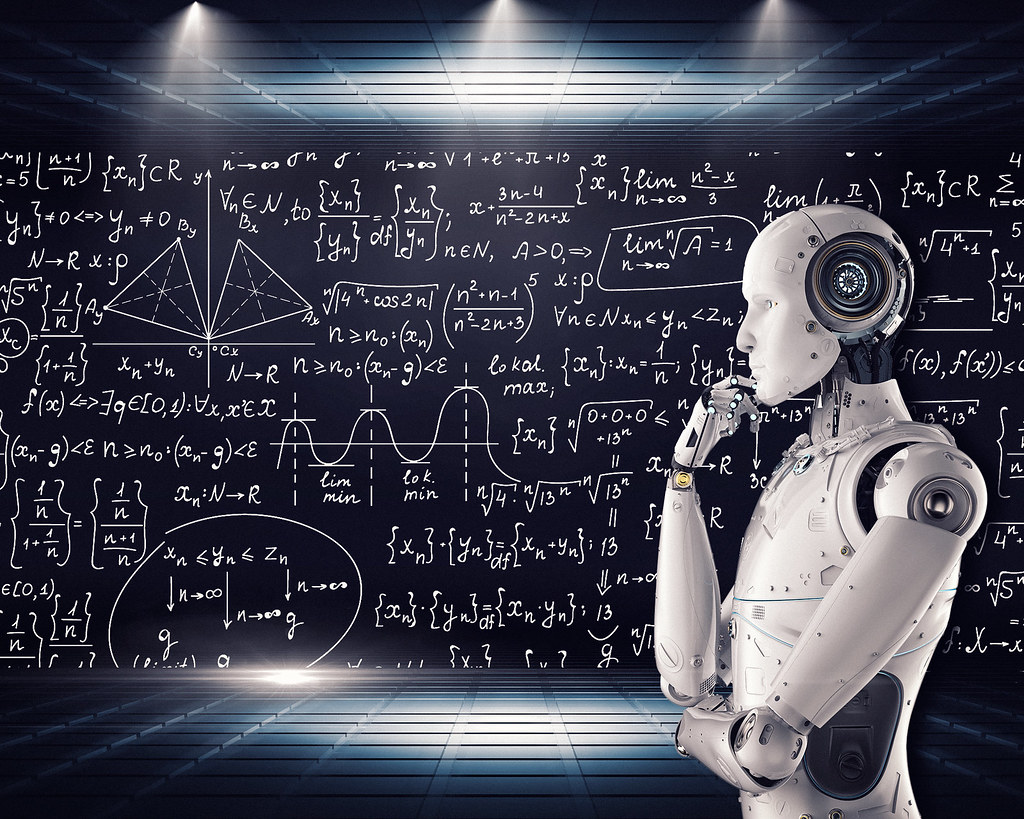AI has been around for longer than people imagine, with the term “artificial intelligence” first being used in the 1950s. AI has been becoming more and more advanced over the years, ever since the Turing test was created. It has been gaining popularity since the start of the 2010s with Siri and Alexa being created. More recently though, in November of 2022, ChatGPT was created, causing a large, new discussion around the topic of AI, and more specifically, AI in schools. This has sparked a question: should AI be used in schools?
Pros of AI In Schools:
Quick and accurate answers: AI compiles data from all over the internet, allowing it to form and give an answer that has many sources and is typically accurate.
Students can learn about AI: AI is a technology that will likely be around for a while, due to this students should know how to use AI to help them in life. Aum Patel, a freshman, said, “AI will take over our lives and we need to know how to use prompt engineering.”
Prompts for writing: Instead of wasting time thinking about what to write, students can quickly ask an AI to give them a prompt and the student can write what they need to.
Cons of AI In Schools:
Plagiarism: Plagiarism has long been a concern of AI, however recently the concern has heated up with two large AI companies, ChatGPT and OpenAI, being hit with lawsuits. These lawsuits come from the fact that ChatGPT and OpenAI use copyrighted information in their algorithms to create answers to prompts.
Cheating: Cheating in school has been around forever and AI, depending on what form AI takes in schools, will only worsen the problem with students using AI to generate stories or essays for their writing assignments.
Cost: Depending on how AI is implemented in schools, it could cost thousands of dollars or it could be free. If schools allowed students to use AI on their own time, similar to a student in math using a calculator, the cost would likely be free. However, if a school wanted to make a custom-made AI it could cost thousands of dollars.
Inaccuracy: AI is not human; because of this it can make many mistakes a human would not. AI may not understand cultural references that a human would or AI may not understand the context someone is asking it in.
Lack of learning: With AI giving students answers, students would most likely not learn much. Rather than learning several things when reading a book, students would only learn the answer to a question with AI.
How would students be affected? Students would seemingly have their lives made easier, with AI like a calculator that can give them any answer on the internet. The issue with this is that students would not learn anything, with them finding the answer and likely learning nothing more.





























